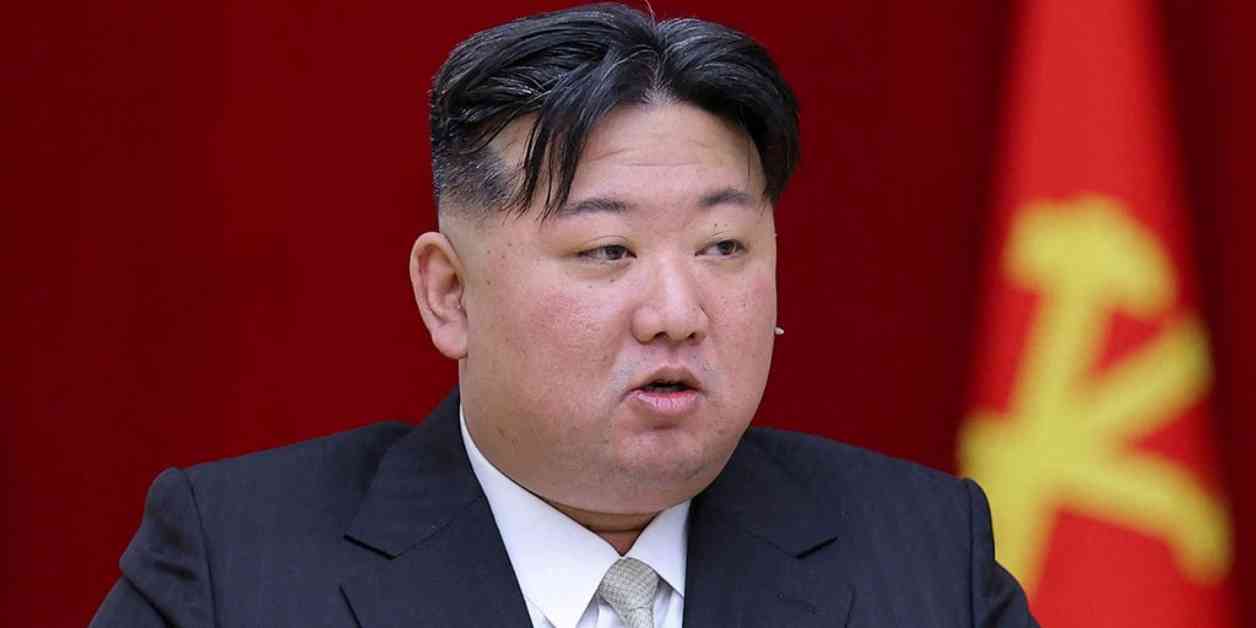North Korea’s Regime Announces Tougher Policies Against U.S. After Meeting with Workers’ Party
In a recent meeting of North Korea’s ruling party held from December 23-27, top members of the Workers’ Party of Korea, including dictator Kim Jong Un, announced the country’s intentions to adopt its “toughest” policies against the United States. The State media outlet KCNA reported that leaders at the meeting condemned the ongoing partnerships between the U.S., Japan, and South Korea, labeling it a “nuclear military bloc.”
The meeting’s statement emphasized the need for North Korea to determine its direction and actions in response to these alliances. This announcement comes amidst escalating tensions between North Korea and Western governments, particularly following their decision to send troops to assist in Russia’s invasion of Ukraine.
North Korea’s Condemnation of South Korea’s Anti-Communist Stance
Following recent meetings, Kim Jong Un’s regime also criticized South Korea, labeling it an “anti-communist outpost.” This condemnation was in response to President Yoon Suk-Yeoul’s attempt to impose martial law earlier this month, a move that was later thwarted by the nation’s legislature.
The regime’s state-run news outlet finally addressed the issue after a week of silence, denouncing President Yoon’s actions as a “serious governance crisis” and a manifestation of “fascist dictatorship.” The international community’s response to this incident has been one of scrutiny, with assessments suggesting vulnerabilities in South Korean society and potential consequences for President Yoon’s political career.
Implications of South Korea’s Impeachment of President Yoon
Subsequent to the failed martial law declaration, South Korea’s legislature moved to impeach President Yoon, with a national court currently deliberating on whether to uphold his removal from office. This development underscores the volatile political landscape in the region and raises questions about the future direction of inter-Korean relations.
As tensions continue to escalate, the global community remains on edge, monitoring the evolving dynamics between North Korea, the United States, and their regional allies. The repercussions of these policy shifts are likely to reverberate across international politics, shaping the geopolitical landscape for the foreseeable future.

